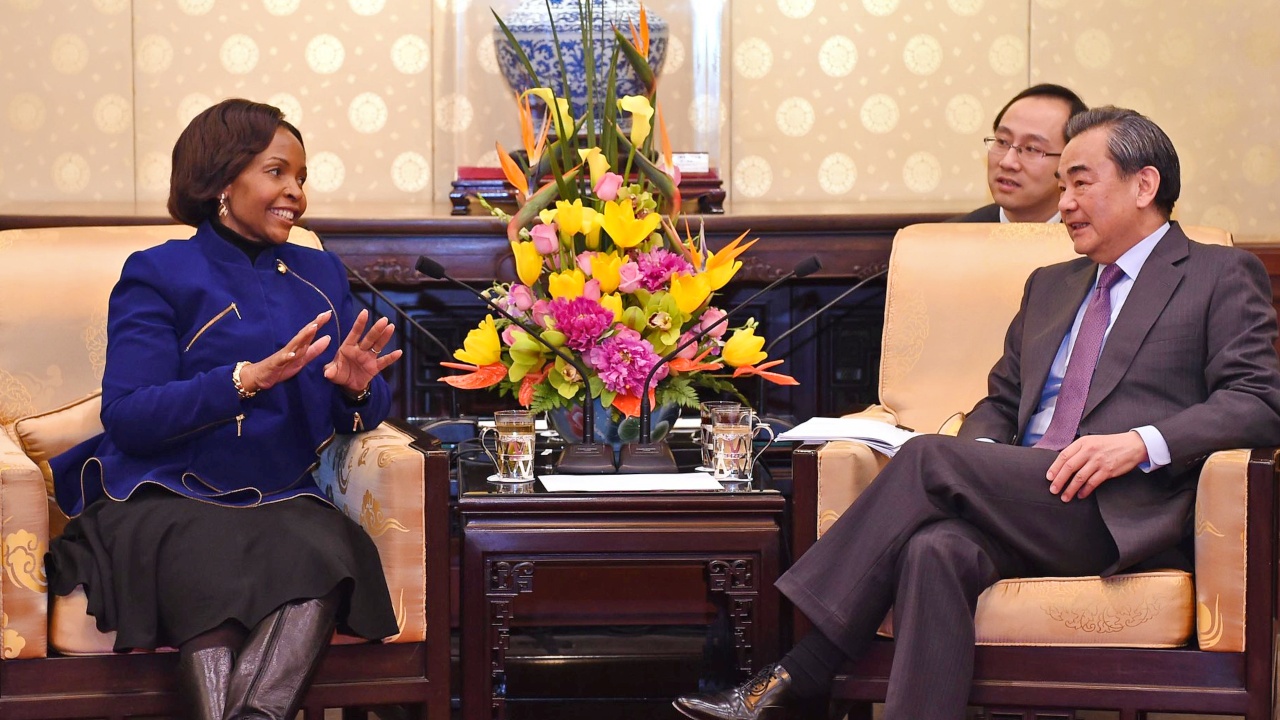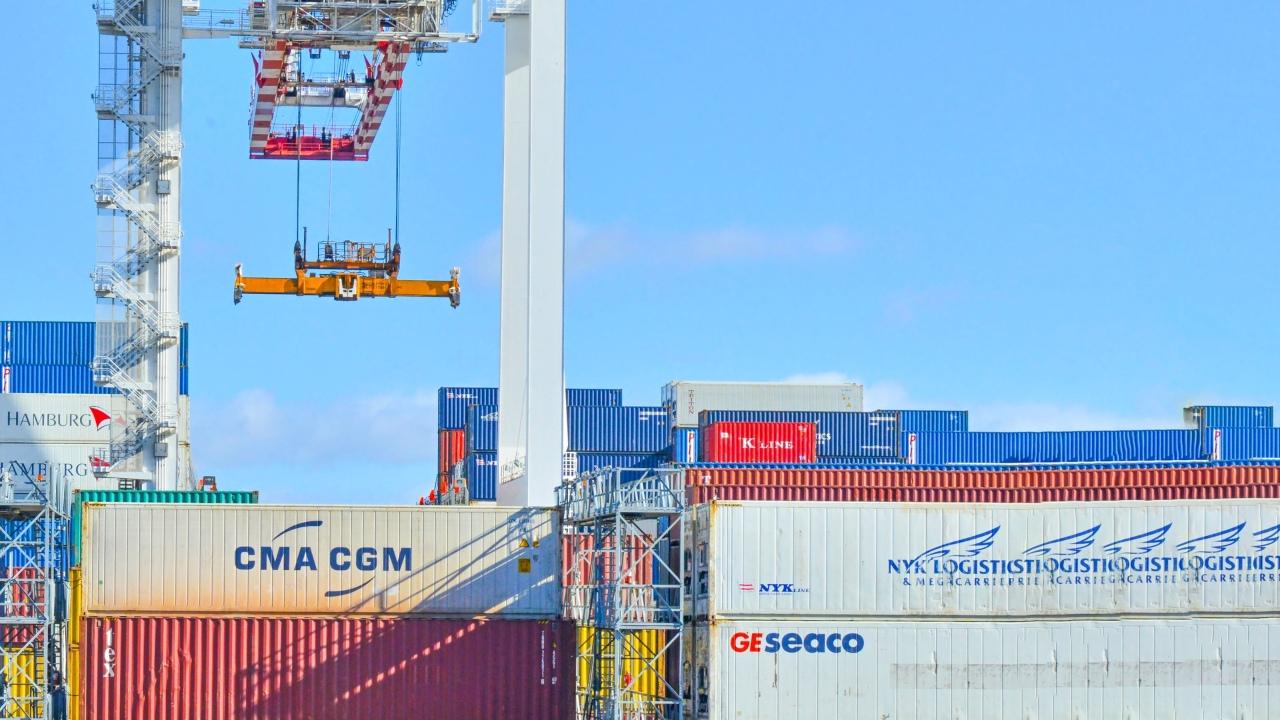Structural racism and socio-economic exclusion have been shown to impact people’s decision-making about COVID-19 vaccines. For South Sudanese diaspora communities in Canada, experiences of exclusion interacted with pandemic restrictions to influence attitudes towards vaccine uptake. New research shows that while online misinformation did influence engagement with vaccines among South Sudanese Canadians, more important were perceptions of being recognised in state policy decisions.
This post is an output from research at the Ethnographies of (Dis)engagement project at the LSE Firoz Lalji Institute for Africa.
A government-sponsored resettlement programme in the mid-1990s attracted many Sudanese to Canada, often arriving as refugees from East and North Africa during the Sudanese civil war. Others who settled in Canada fled South Sudan later. Despite living in the country for many years, the identities and opportunities of South Sudanese in Canada are still being navigated and made.
Our research project “Ethnographies of (Dis) Engagement” seeks to understand orientations towards COVID-19 vaccinations among groups across the G7 described as vaccine “hesitant”. Incorporated into policies as a minority group, South Sudanese Canadians have been assumed to resist vaccination. But while policy approaches generally attribute reluctance or refusal to get vaccinated to information failures, or to inappropriate health messaging, this project has uncovered that structural racism and socio-economic exclusion plays an equal role in people’s decision-making about getting vaccinated. Exploring orientations towards COVID-19 vaccinations among South Sudanese diaspora communities living in Canada, our research shows how structural exclusion, heightened during the pandemic, interfaces with the relevance of vaccine misinformation.
Featuring the voices of South Sudanese Canadians, our work shows that the COVID-19 pandemic, and associated restrictions, had connected with processes of the diaspora’s community-building in a number of ways.
South Sudanese in Canada during the pandemic
The COVID-19 pandemic brought fundamental changes to diaspora communities throughout 2020-22. Many South Sudanese in Canada earn low incomes and rely on government social transfers. Like other minority groups, many South Sudanese Canadian families live in social housing complexes, which are usually congested and poverty-stricken areas in populous cities. Many South Sudanese Canadians also work in types of employment that were considered mandatory throughout the pandemic. Our interlocutors were frontline workers, including taxi drivers and nursing home employees, or worked in factories. Groups were rendered particularly vulnerable to contracting the virus. Accordingly, over the last two years, many South Sudanese Canadians have suffered illness and experienced loss related to COVID-19.
Awareness about these deaths travelled fast among South Sudanese, who are linked physically and virtually to other members of the diaspora. These shared experienced have created anxiety and shared grief among all South Sudanese Canadians, sentiments compounded by restrictions on funerary rights. Social restrictions were felt particularly acutely by people who remain socially reliant and connected to other South Sudanese people through friendship, care, worship, diaspora associations and communal celebrations. Denial of togetherness in a context of loss, due to lockdowns and physical distancing restrictions, led many to invoke aspects of a shared South Sudanese identity associated with war-time survival. Memories of the war became particularly prominent during group mourning of death within diaspora communities.
Similarly, these notions have been evoked to explain changing state policies to access vaccines. Our interlocutors explained that having to take the vaccination has become a traumatic experience, which reminded them of year of war when, too, there was no freedom for individual choices.
COVID-19 vaccinations amongst South Sudanese Canadians
Against this backdrop, many South Sudanese Canadians, especially frontline workers, reluctantly welcomed news of vaccine rollouts and have remained cautious of vaccines. To date, over 83.38% of Canadians have been vaccinated. Many of our interlocutors had been vaccinated but did not accept vaccines voluntarily. Rather, government mandates and the required proof of vaccination in workplaces had compelled many to get the shots. People interviewed in Ontario, Alberta, Manitoba, Saskatchewan and Prince Edward Island received full doses of the available vaccines but remain deeply concerned about long-term side effects on their health.
Many South Sudanese Canadians expressed nominal support for the Canadian government and the welfare it provided. Additionally, people expressed trust in doctors and health services in Canada. Yet, when it came to COVID-19 policies, including vaccination, many explained that the Canadian and provincial governments did not share the priorities of diaspora communities. Indeed, pre-vaccination measures fostered distrust in the government’s policies and priorities which impacted later reactions to vaccines. While many minority groups have representation in Canada, this was not the case for South Sudanese people. Without political channels to voice experiences of the pandemic, many articulated feelings of disempowerment, since the government had not reached out to leaders, churches and diaspora associations representing communal perspectives.
Diasporic connections
With movement restricted, online connectivity has become increasingly important. Many South Sudanese Canadians remain part of epistemic communities in South Sudan and share knowledge and ideas, including health information, through social media. Some of our interlocutors indicated that they received calls from relatives and friends in South Sudan, advising them to reject the vaccines. Social media has made it easy for people to share information instantly about the COVID-19 vaccine in different parts of the world and across global South Sudanese communities. This has had a particular impact among diaspora communities, who have long relied on trusting relationships maintained at a distance.
Many South Sudanese are members of WhatsApp groups and Facebook pages that link them to discussions in South Sudan on a daily basis. For example, in January 2022, when there was a violent incident in Jonglei State (South Sudan), South Sudanese in London (Canada) were receiving live-updates and analysis via friends on WhatsApp about the situation. These WhatsApp groups have also hosted debates about COVID-19 and vaccinations. Participating in these groups reinforces people’s social and epistemic connections to South Sudan and promotes a strong influence in these Canadian communities. While disempowering vaccines campaigns, which did not reflect South Sudanese interests, many have turned to these fora for guidance in uncertain times.
Social realities of misinformation
Our research has shown that misinformation does influence people’s engagement with vaccines. Yet, approaches to online health discussions are deeply shaped by experiences of the pandemic and perceptions among South Sudanese Canadians that they have not been recognised in national or federal policy decisions. In response to this disempowerment, online fora were often used as a place to discuss opinions with friends, relatives or distant South Sudanese contexts, who take note of their decision-making. By contrast to the distance of state policymaking, online deliberations seem more proximate, with participants demonstrating empathy and listening to one another.
Acknowledgements: Research was funded through the British Academy Covid-19 Recovery: G7 Fund (COVG7210058). Research was based at the Firoz Lalji Institute for Africa, London School of Economics.
Photo by RF._.studio from Pexels






Very useful information. Thank you.
Interesting read! It’s so important to share the views of different communities, especially those who feel excluded from decision-making.